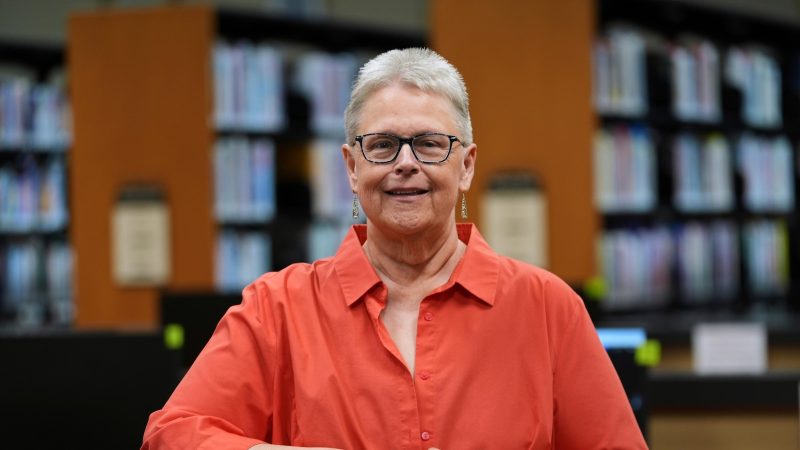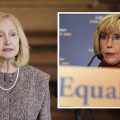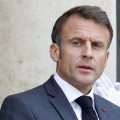
The chilling sounds of radio jamming were a familiar backdrop to Pedro Spivakovsky-Gonzalez’s childhood in the former Soviet Union. His family, like many others, relied on Voice of America (VOA) – a lifeline to a world beyond the Iron Curtain, a beacon of freedom in a land shrouded in oppression. This vital source of uncensored news provided a window into a different reality, fueling their hopes for a better future and ultimately leading them to immigrate to the United States. For Spivakovsky-Gonzalez, the recent attempts to dismantle VOA and similar initiatives under President Trump’s administration represent a profound betrayal of this legacy and a devastating blow to the ideals he holds dear.
The Trump administration’s actions have dealt a significant blow to decades-long efforts to promote democracy abroad. The Agency for Global Media, responsible for VOA, Radio Free Europe, and Radio Free Asia, has been decimated. Similarly, the State Department has undergone restructuring, eliminating a crucial global democracy office, while the U.S. Agency for International Development (USAID) – which recently launched a major initiative to combat democratic backsliding – has been severely gutted. These moves signify a dramatic retreat from America’s long-held role as a champion of democracy on the world stage.
Experts warn of a growing vacuum in the promotion of freedom and representative government. This weakening of American influence could accelerate the concerning anti-democratic trends observed globally. Staffan Lindberg, a political science professor at the University of Gothenburg, highlights the unprecedented nature of this shift, emphasizing that even across different administrations, support for global democracy remained a consistent pillar of American foreign policy – until now.
The impact extends beyond the direct funding cuts. The National Endowment for Democracy, the National Democratic Institute, and the International Foundation for Electoral Systems – all crucial players in supporting democratic movements worldwide – have suffered significant funding reductions. These organizations have worked tirelessly for decades to empower civil society and democratic actors in countries struggling against authoritarian regimes. David Salvo, managing director of the Alliance for Securing Democracy, underscores the critical role these groups play in fostering stability and cooperation, ultimately reducing the risk of conflict.
The debate over the value of these programs is now being actively questioned. A recent House Foreign Affairs subcommittee hearing highlighted the tension between maintaining these efforts and concerns about return on investment. However, critics like former Democratic Congressman Tom Malinowski argue that the current administration is not just failing to optimize these programs, but actively dismantling their very foundation. Uzra Zeya, of Human Rights First, adds that the implications of this dismantling are deeply troubling for America’s national security and economic prosperity.
The story of VOA is particularly illustrative. For over 80 years, it has bravely delivered news to millions worldwide, facing down jamming attempts from authoritarian regimes. Yet, ironically, the most significant blow to VOA’s existence came not from foreign adversaries, but from an executive order within its own government, effectively shutting down its operations for nearly two months. The future of VOA remains uncertain, with a recent court ruling temporarily halting its dismantling, and the administration’s recent decision to utilize the pro-Trump network OAN’s feed raising serious questions about its intended mission.
The consequences of these actions extend far beyond the U.S. borders. In Asia, the potential dismantling of Radio Free Asia would eliminate the world’s only independent Uyghur language news service and severely limit access to information in countries like China and North Korea. The resulting information vacuum would only embolden competitors like Russia and China, who are actively engaged in shaping global public opinion. Barbara Wejnert, a political sociologist, points to the historical impact of American diplomatic efforts in promoting democracy, emphasizing the critical role of free media in an era of widespread misinformation.
The current situation raises serious concerns about the future of American leadership in the global fight for democracy. The dismantling of these crucial programs represents more than just budget cuts; it’s a retreat from a core principle that has defined American foreign policy for decades and casts a long shadow over the future of democracy worldwide.










